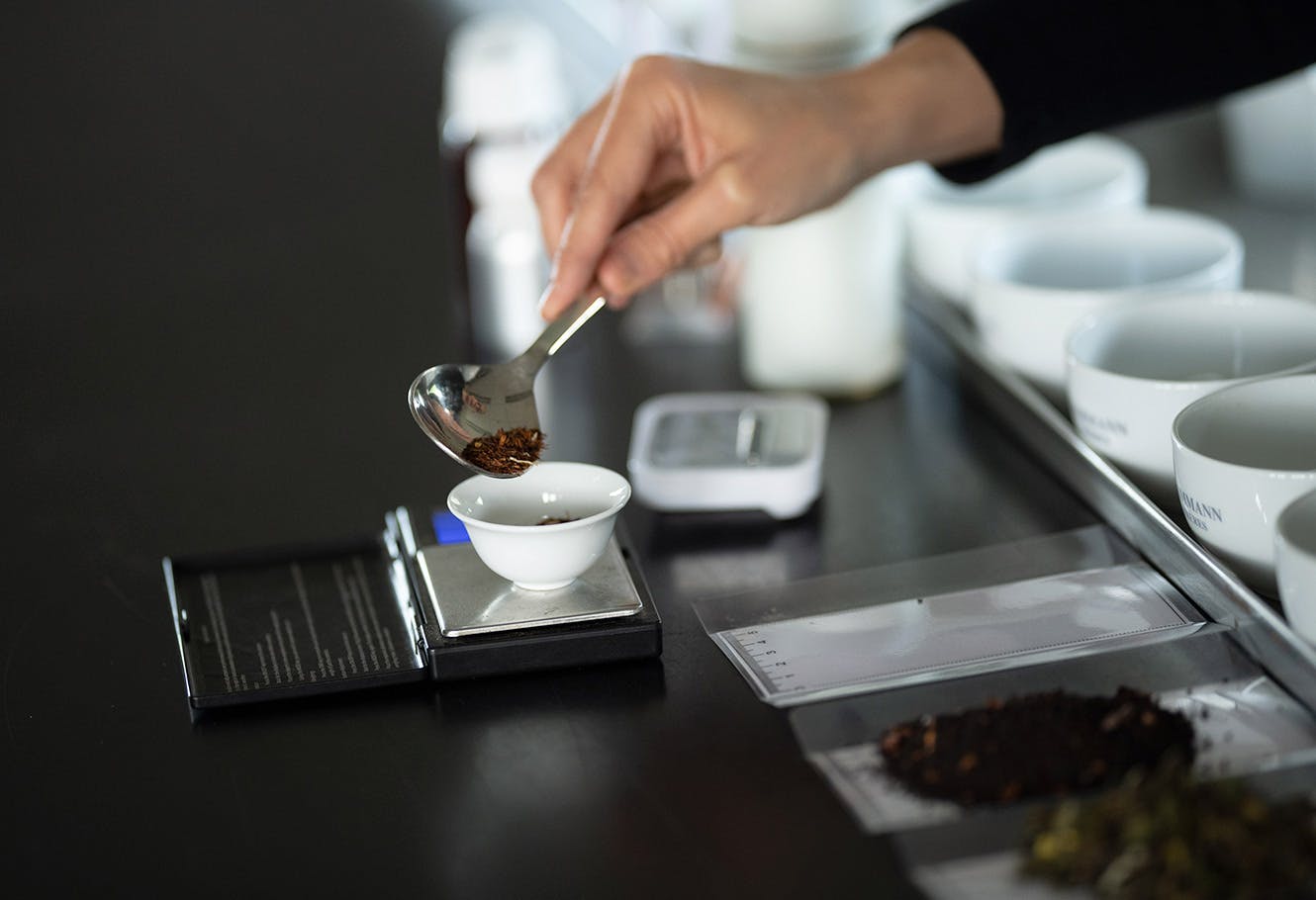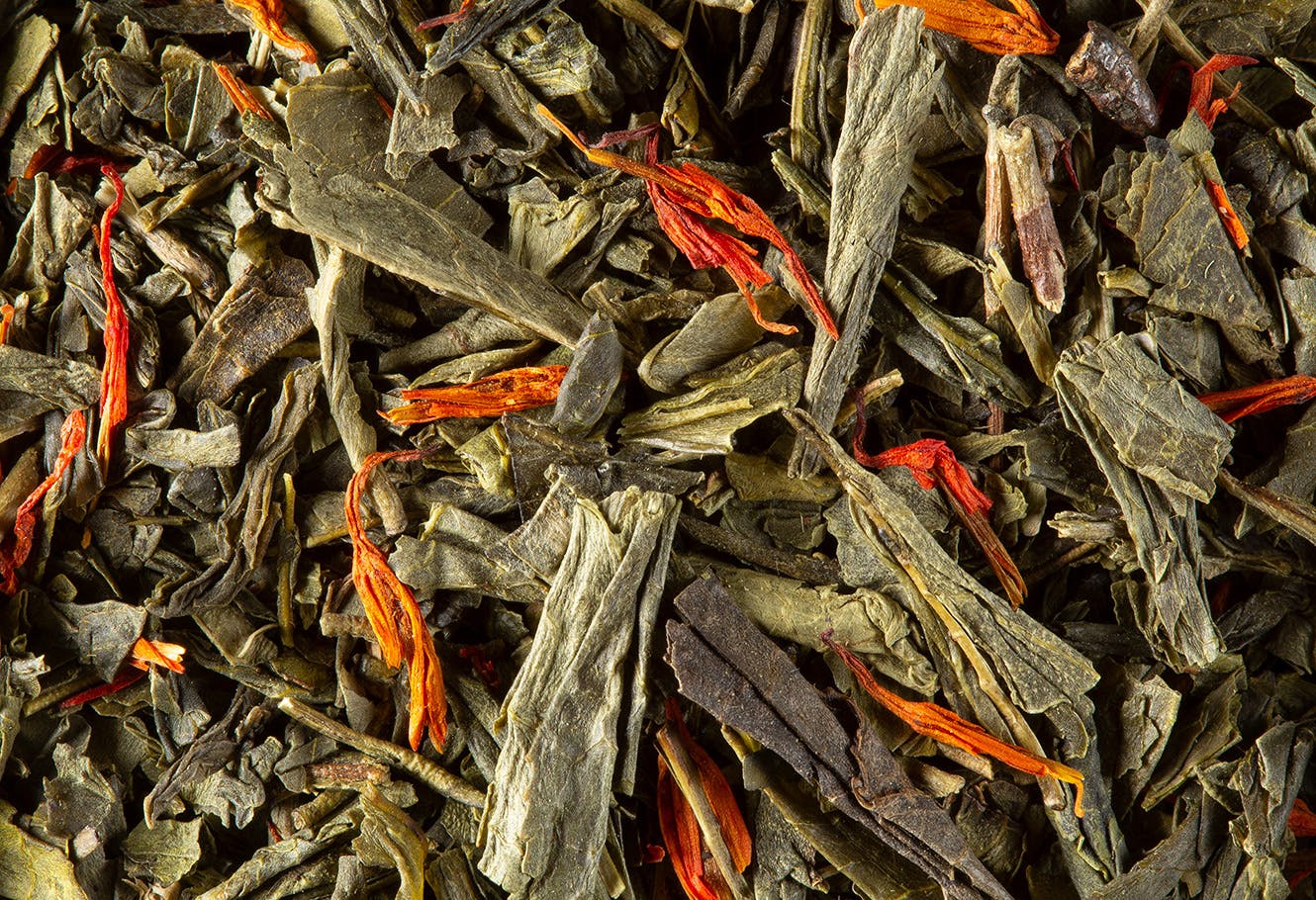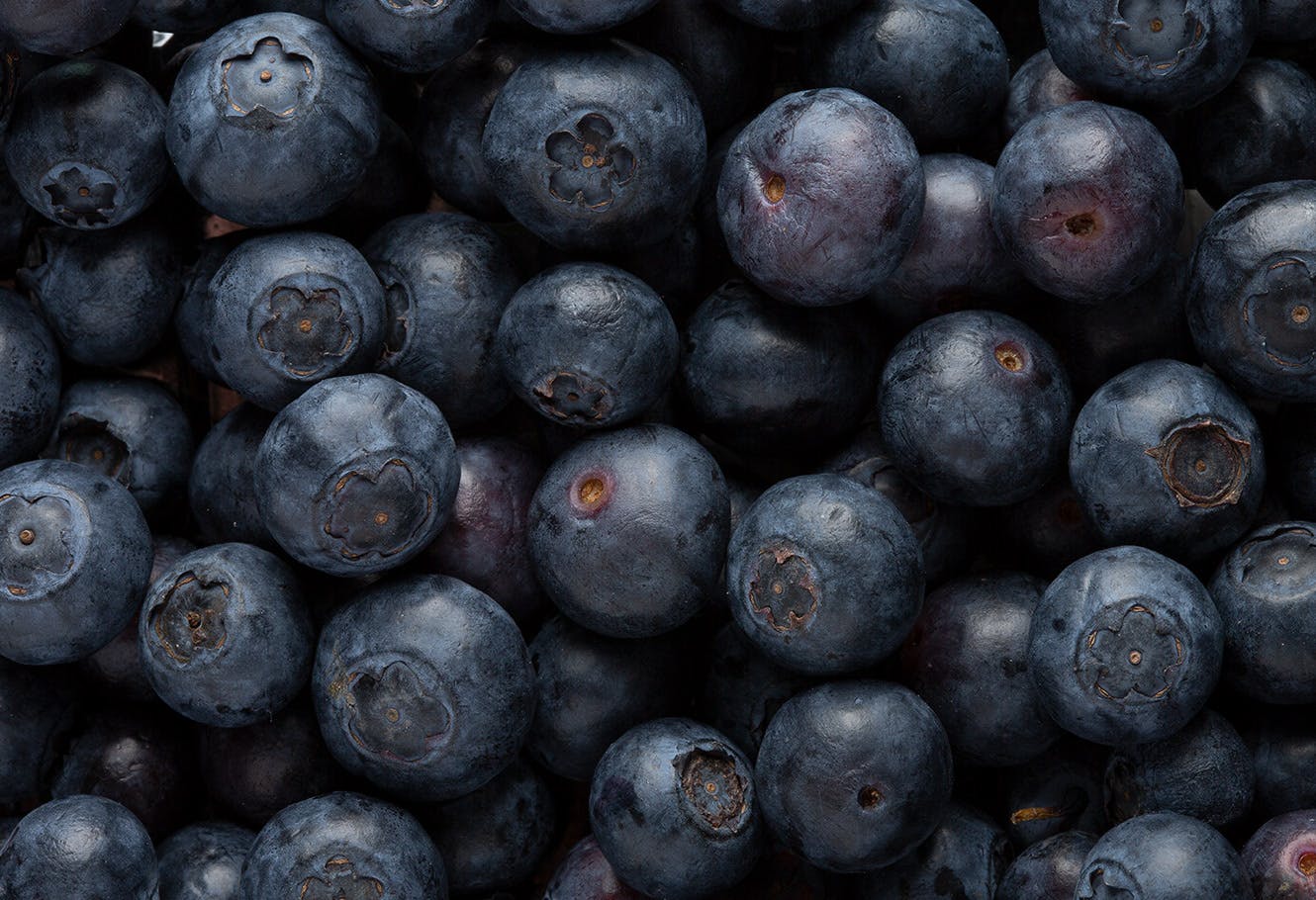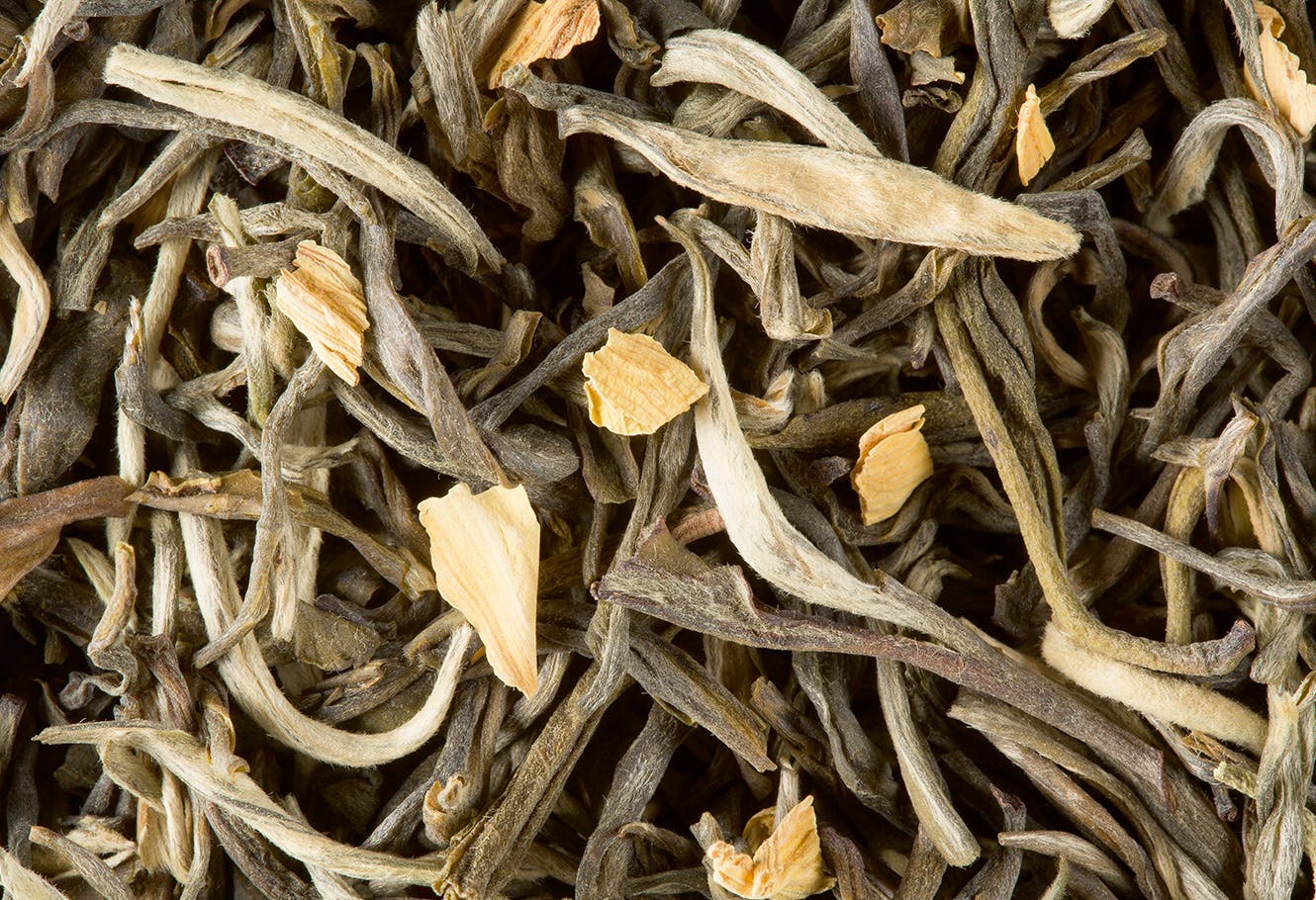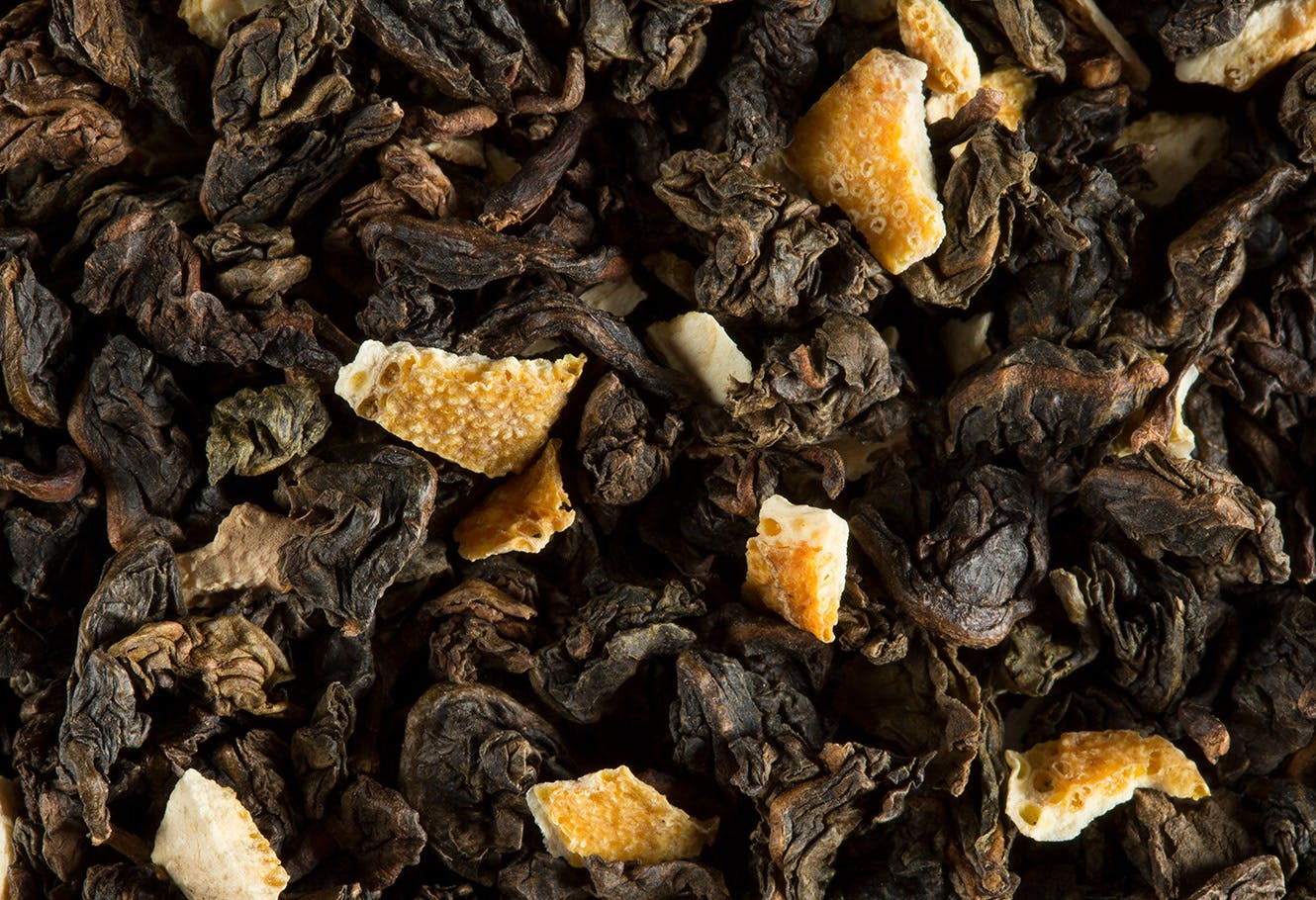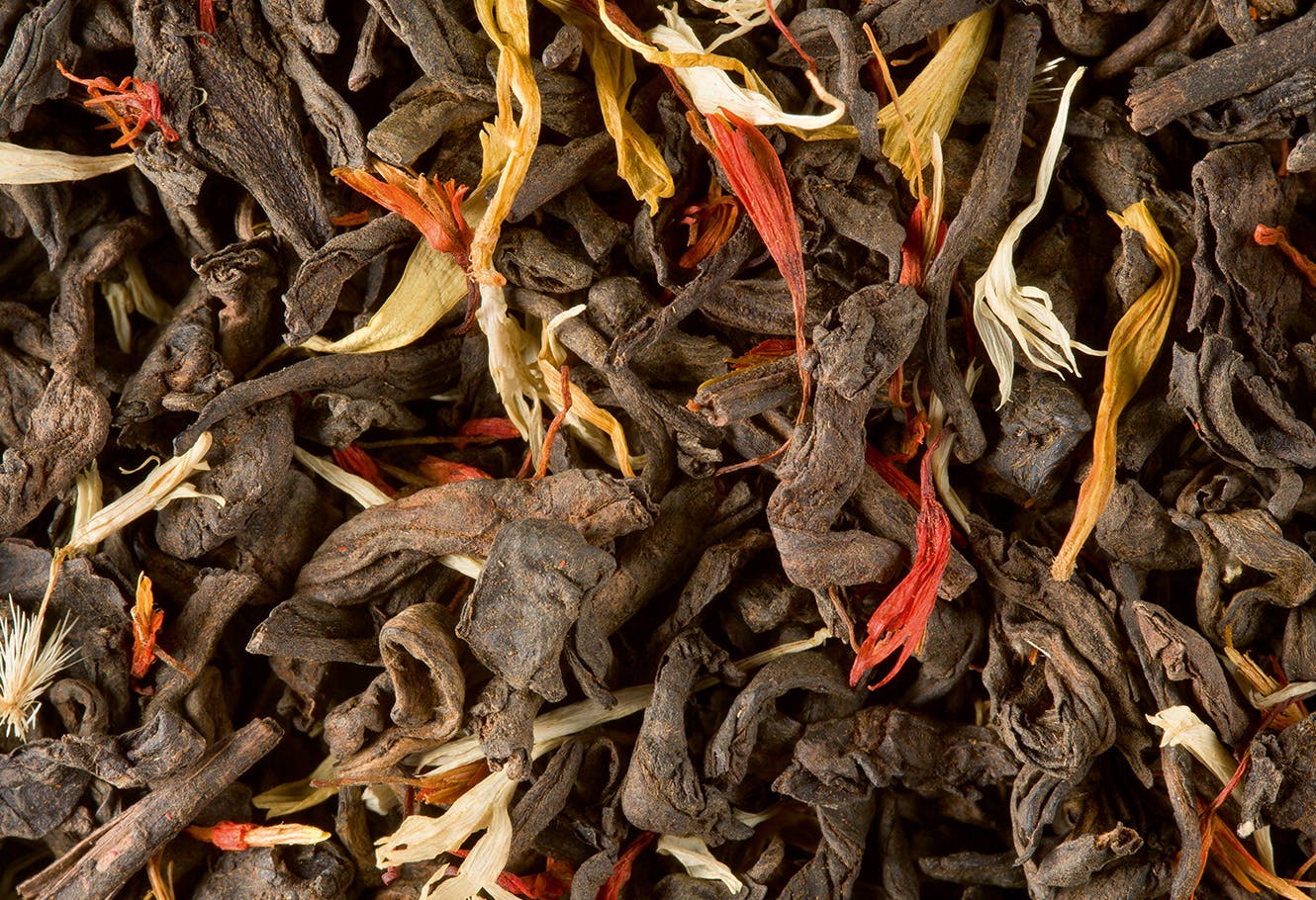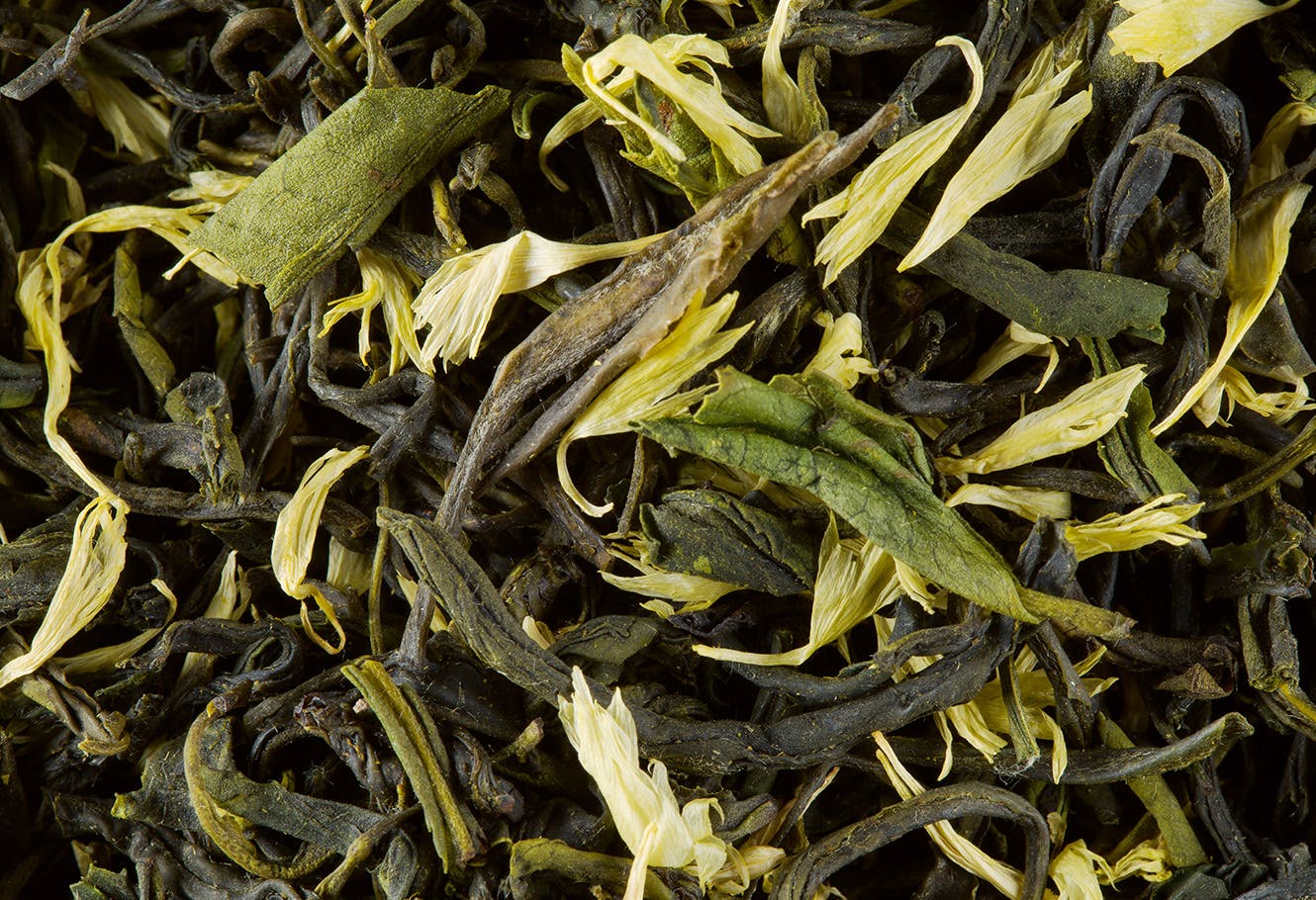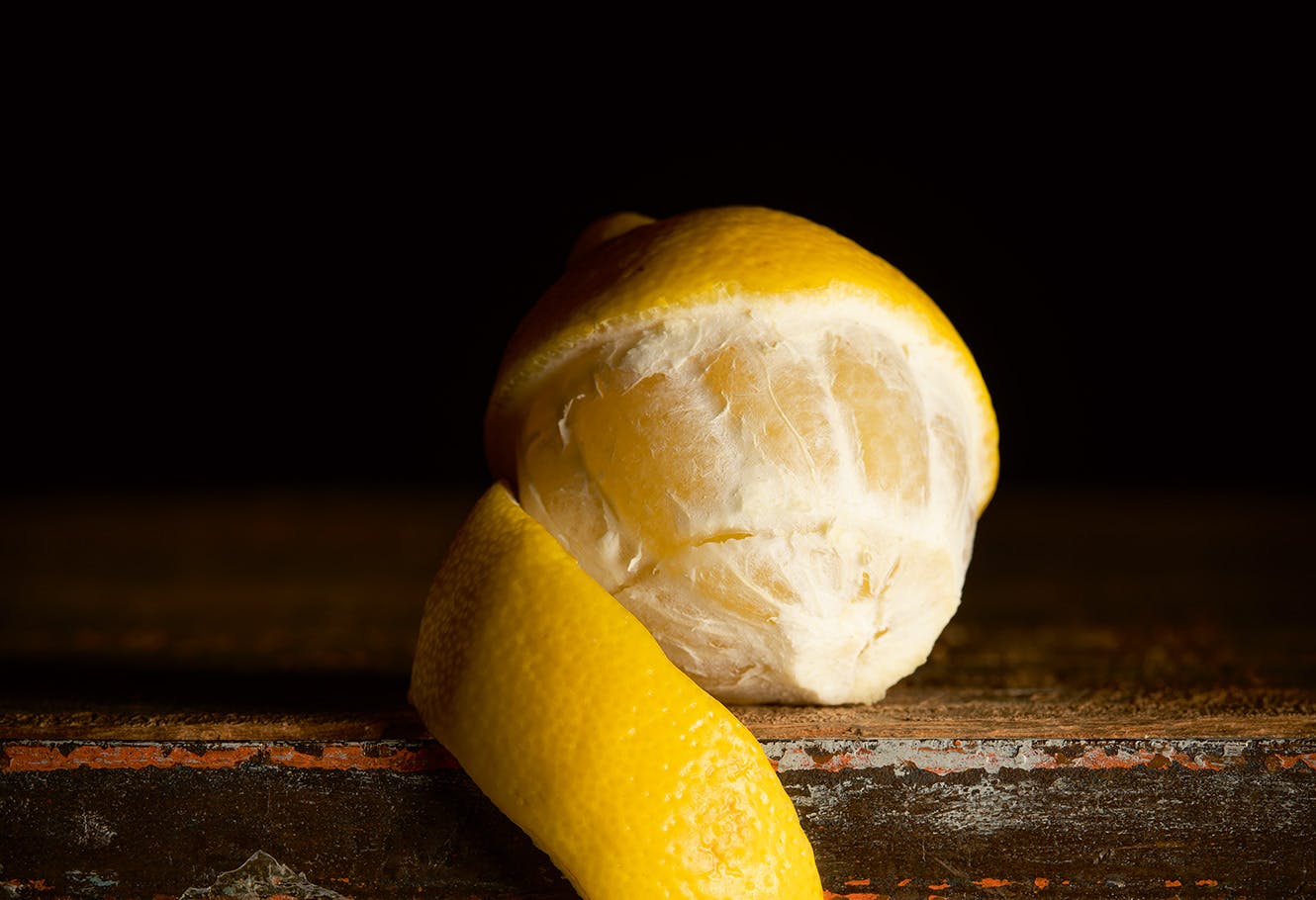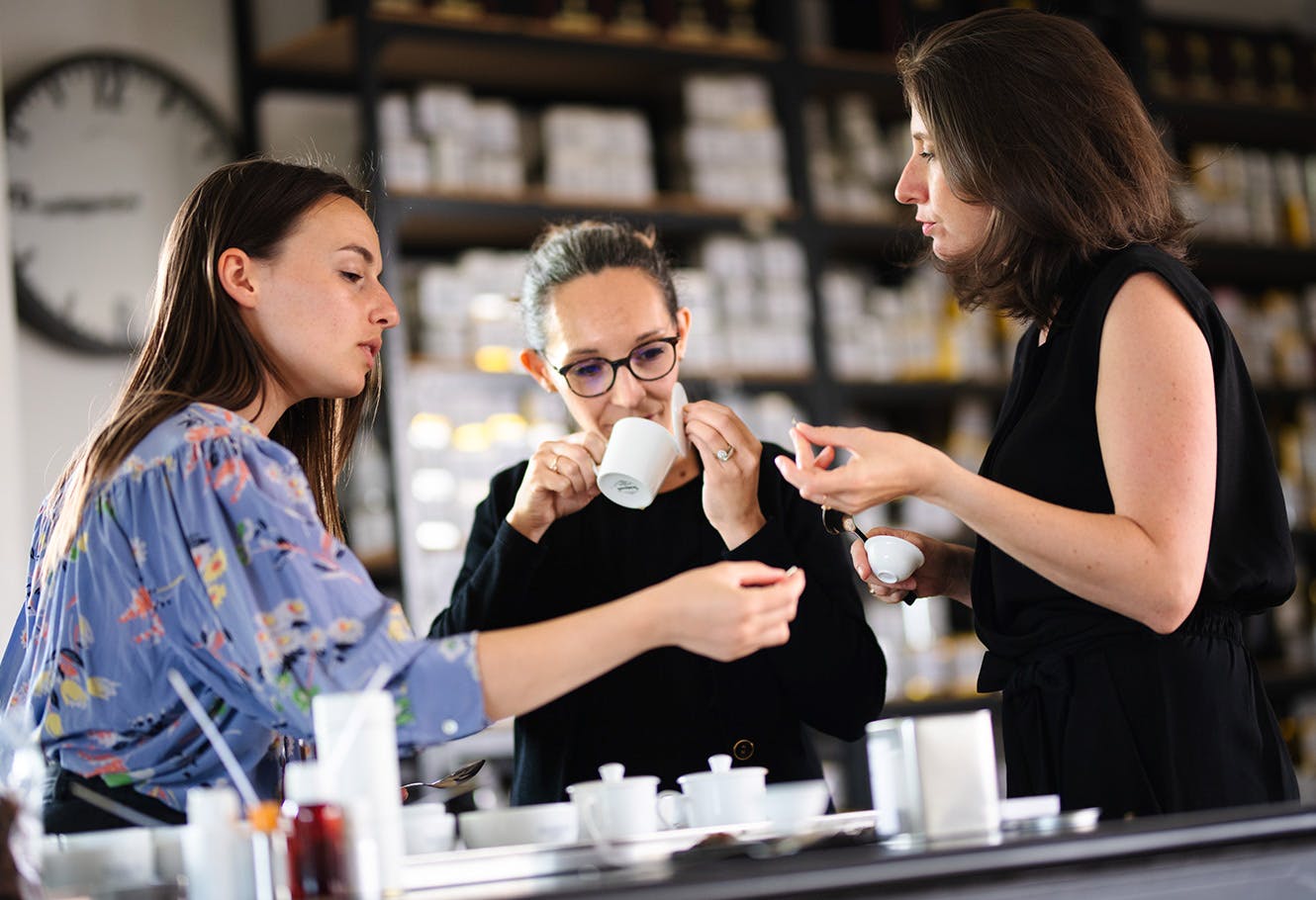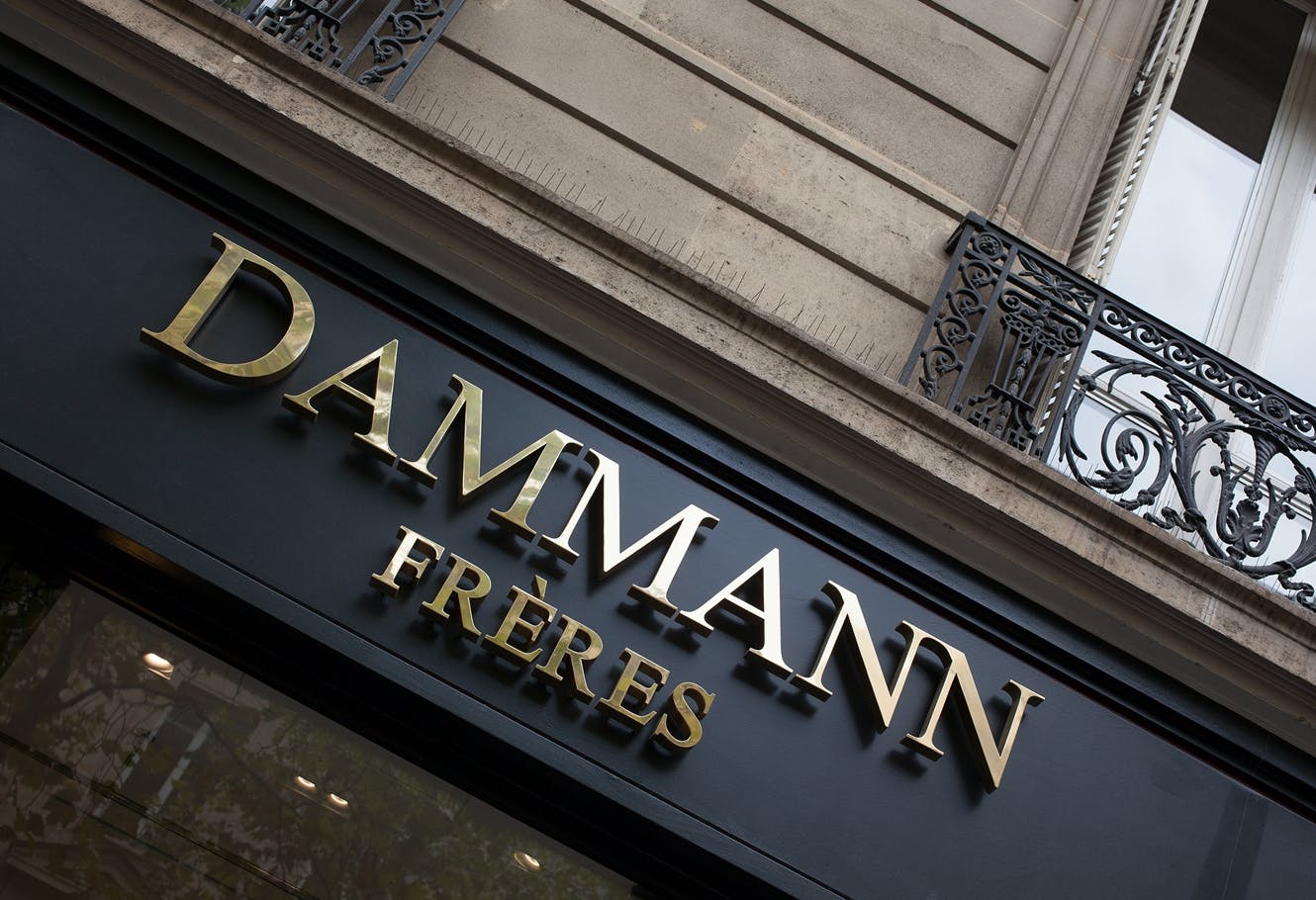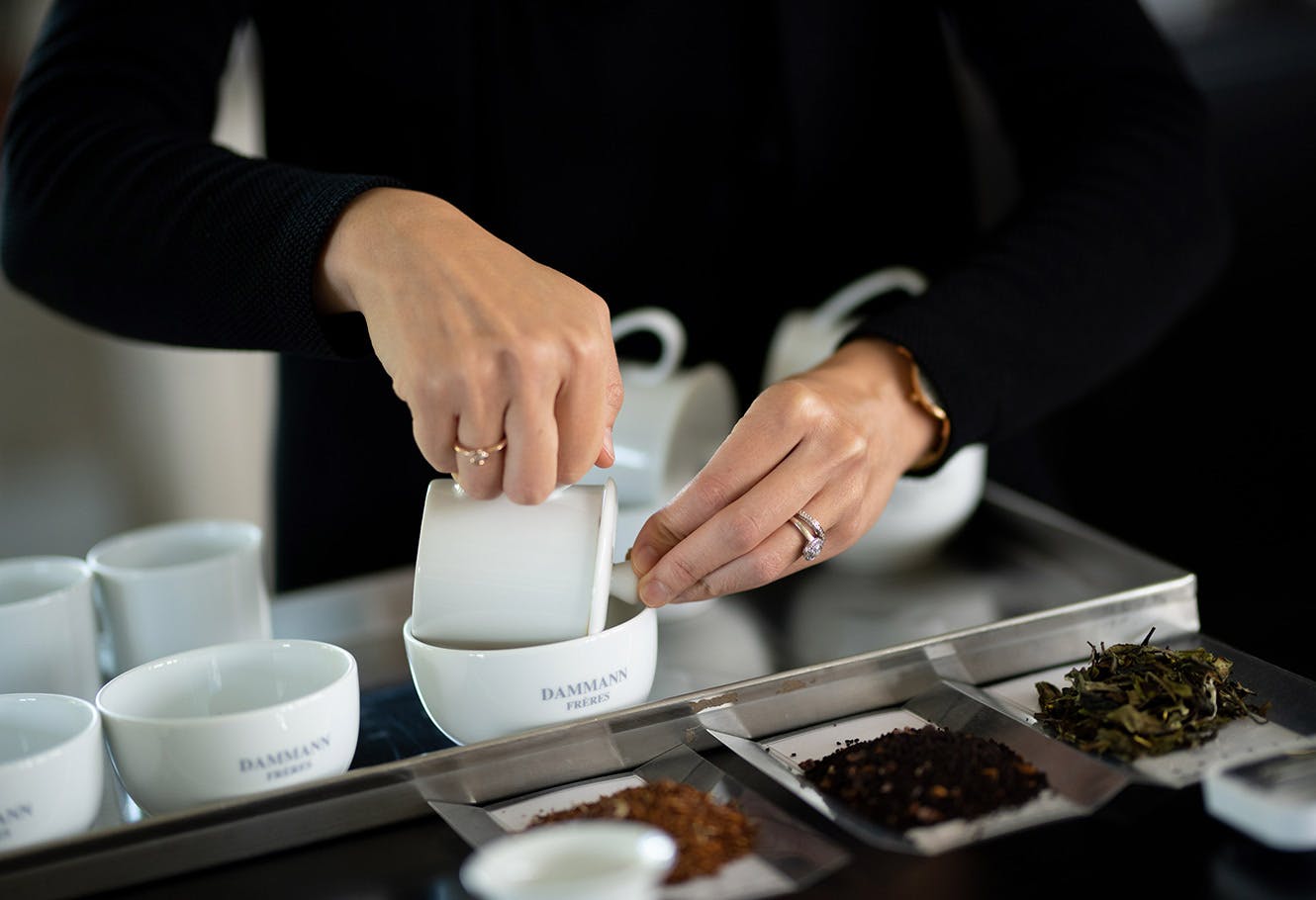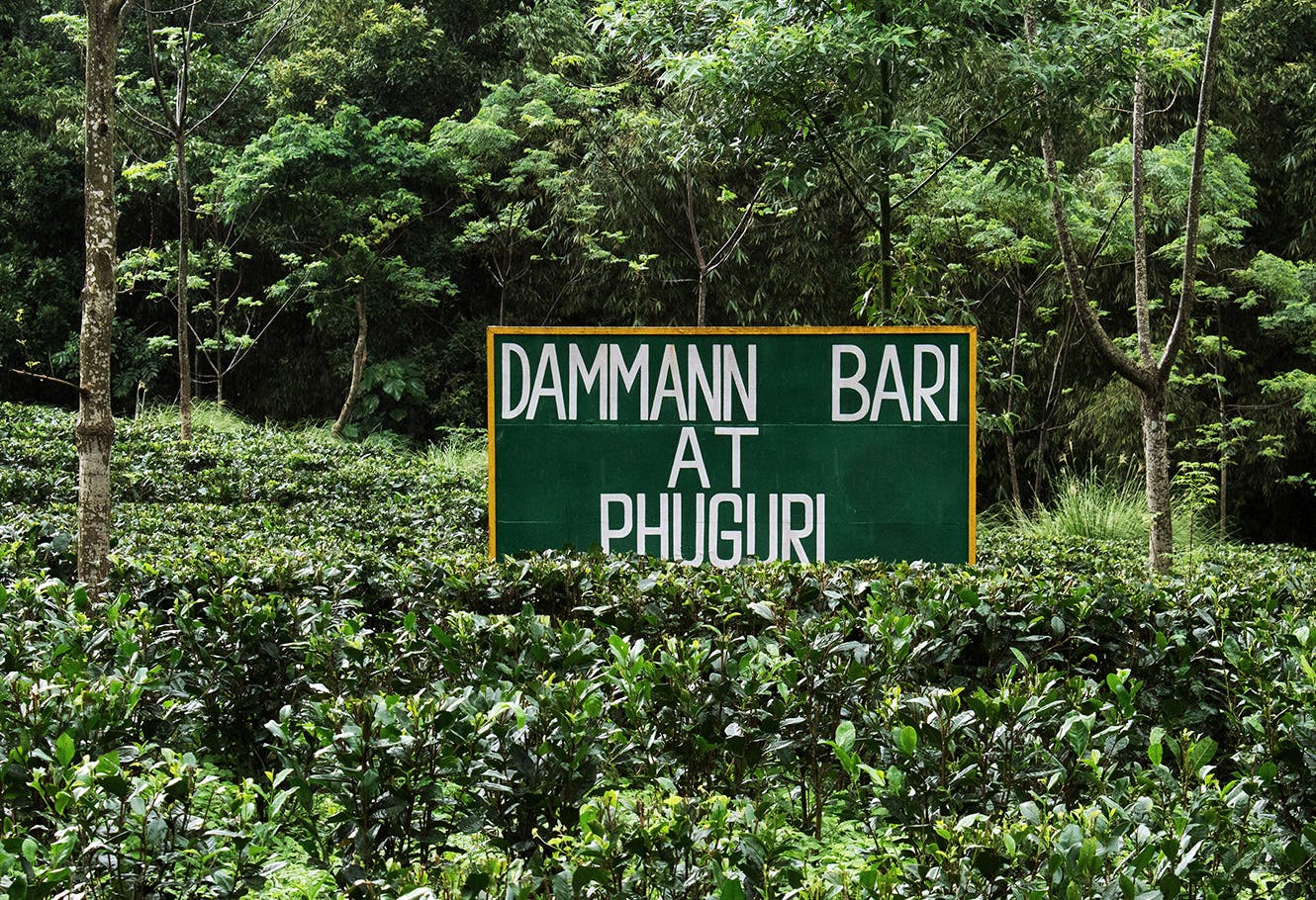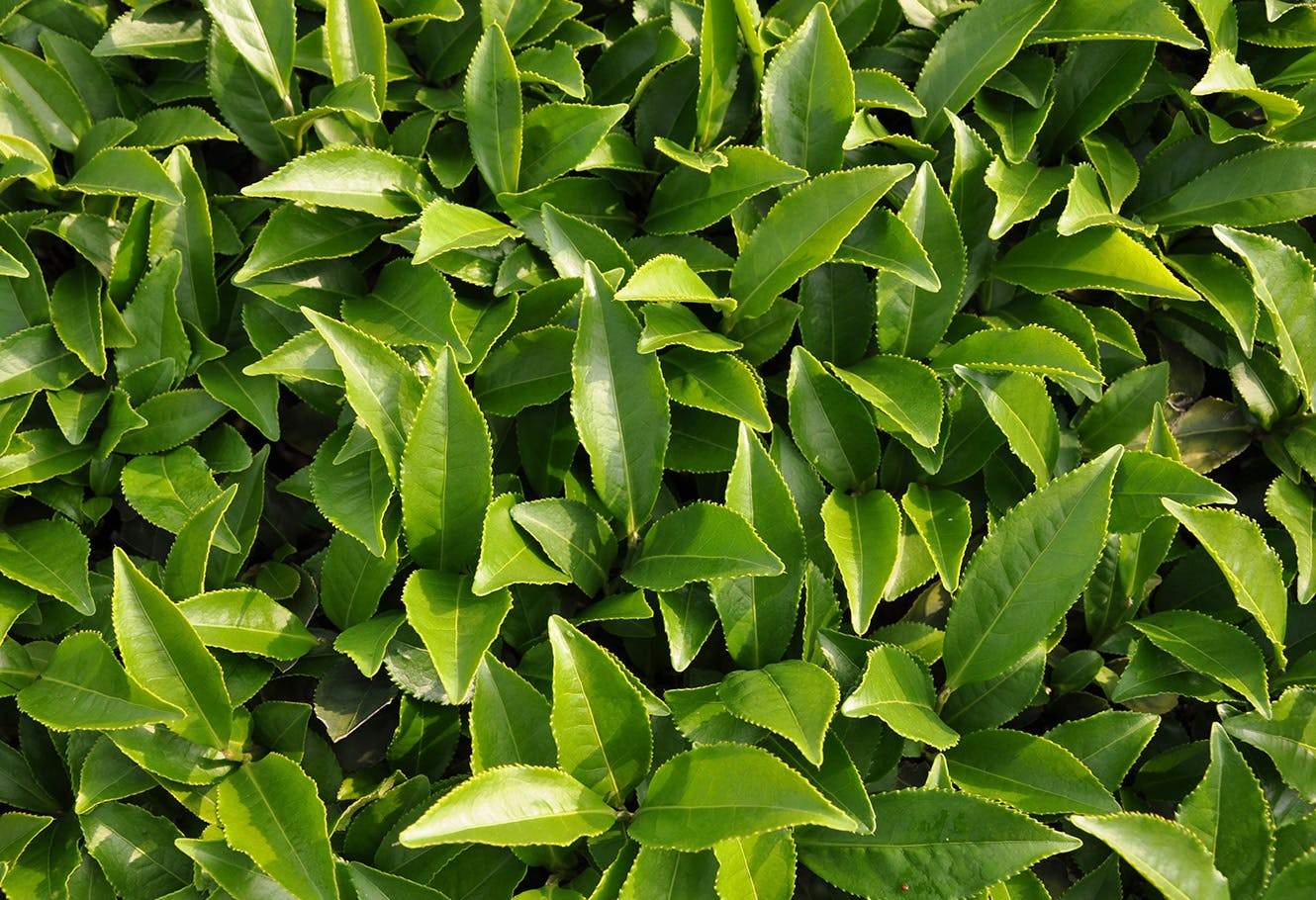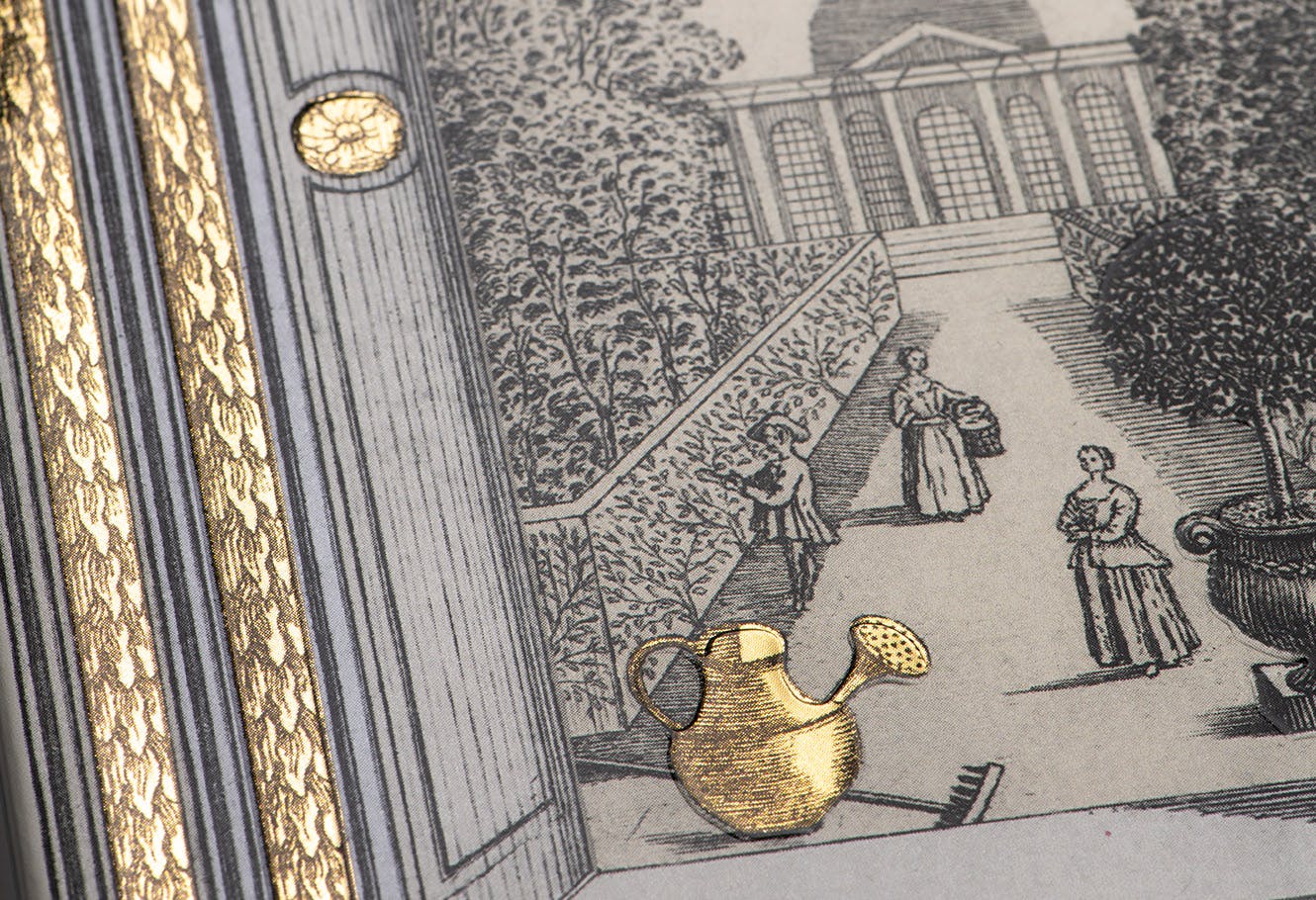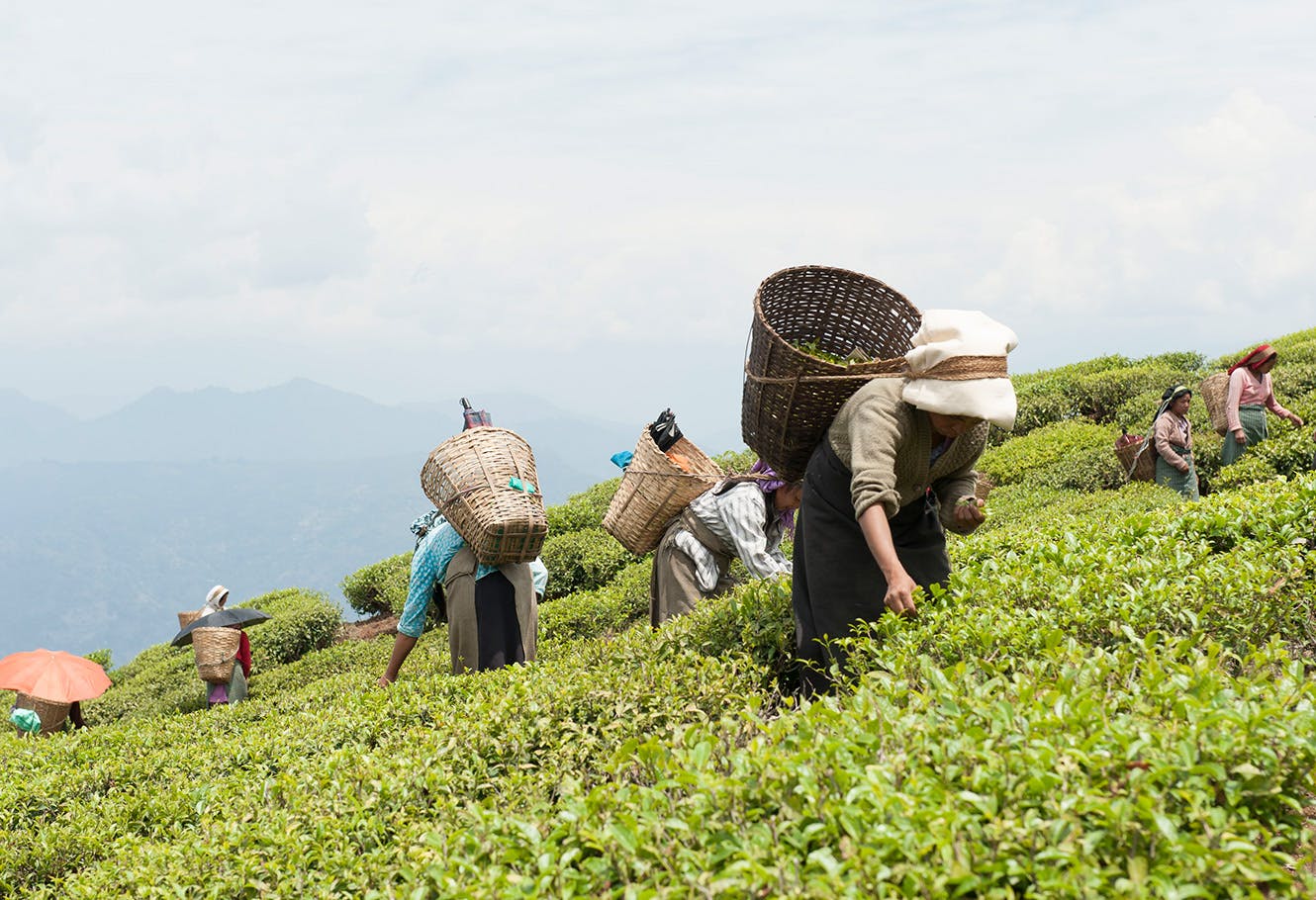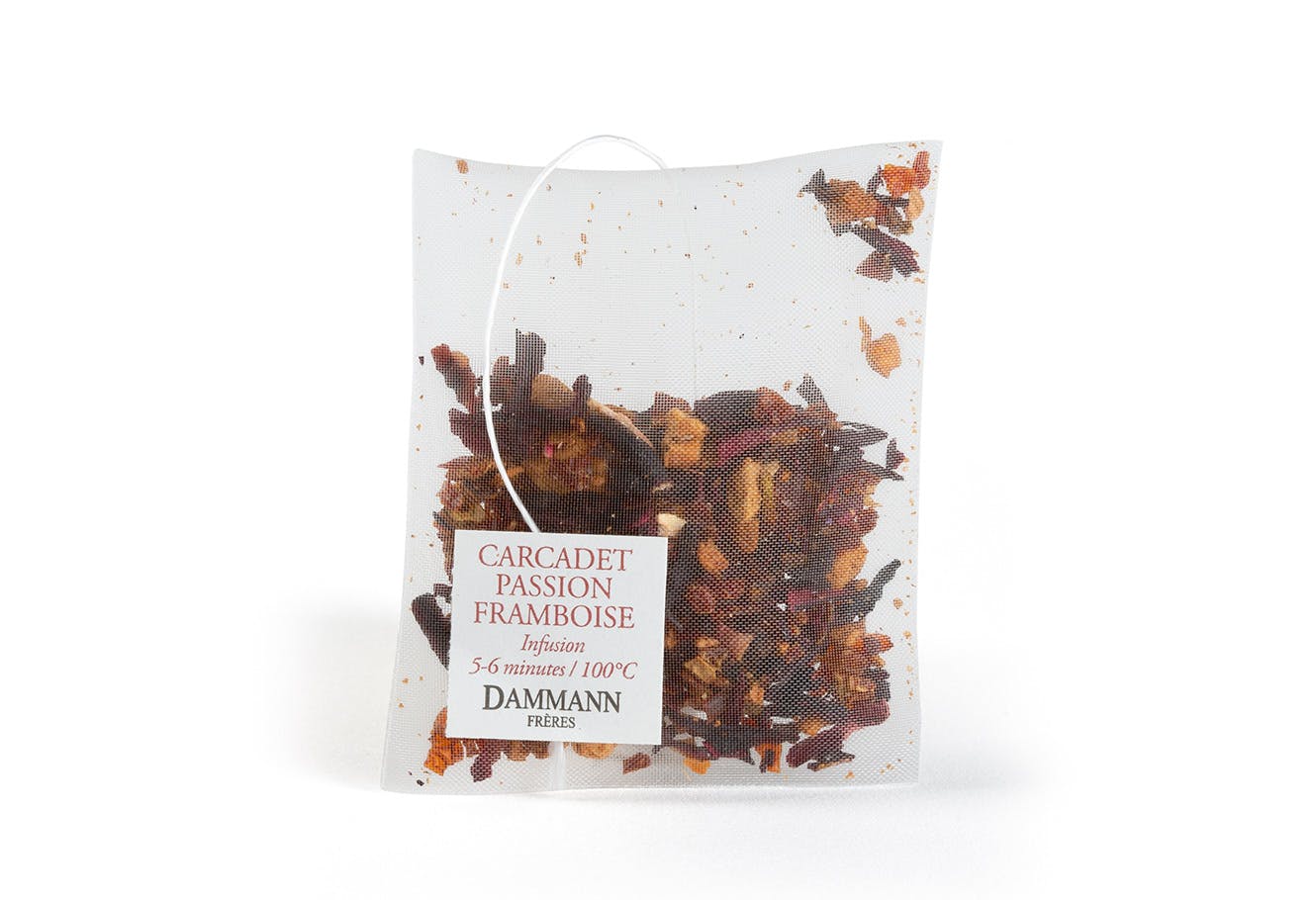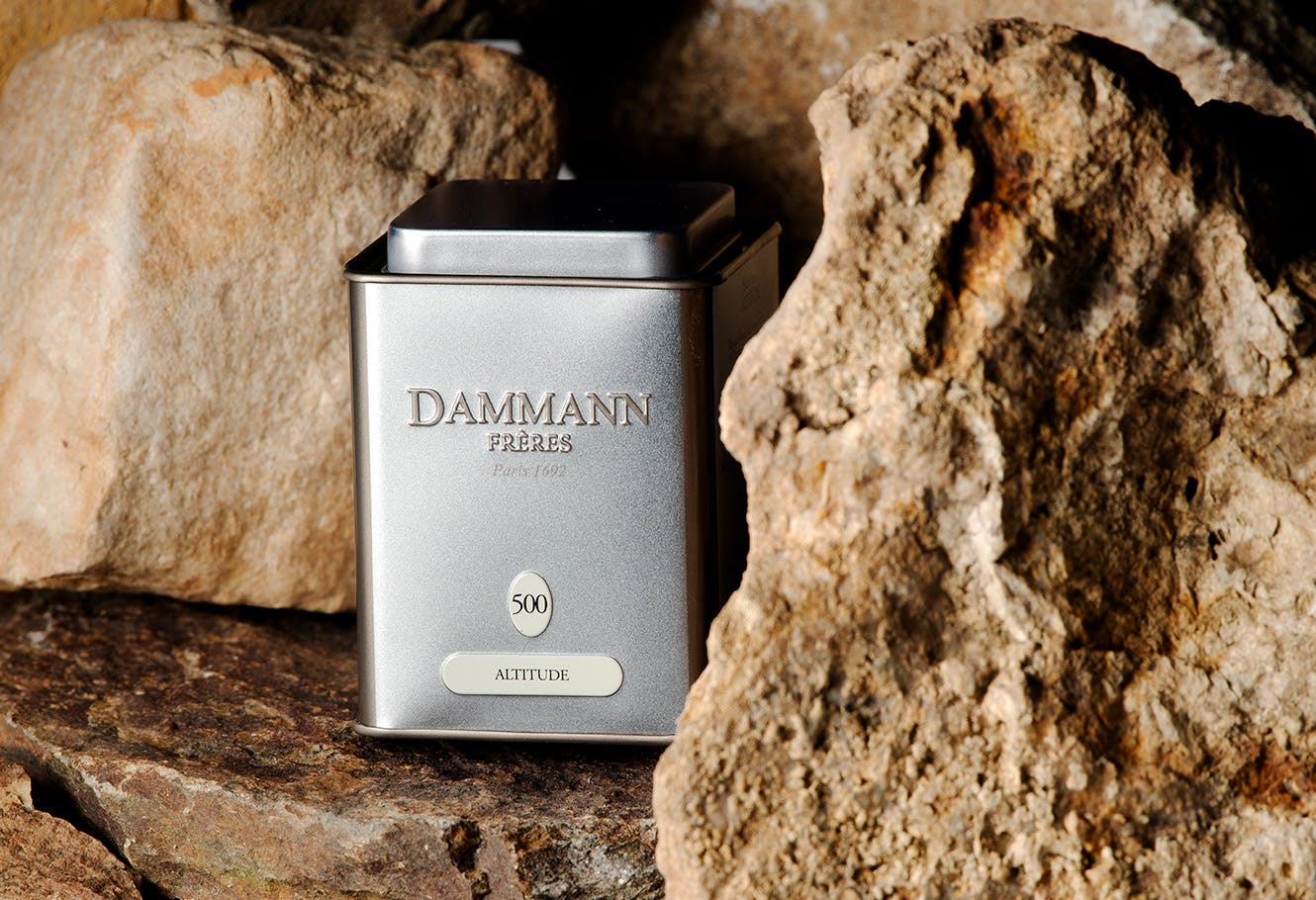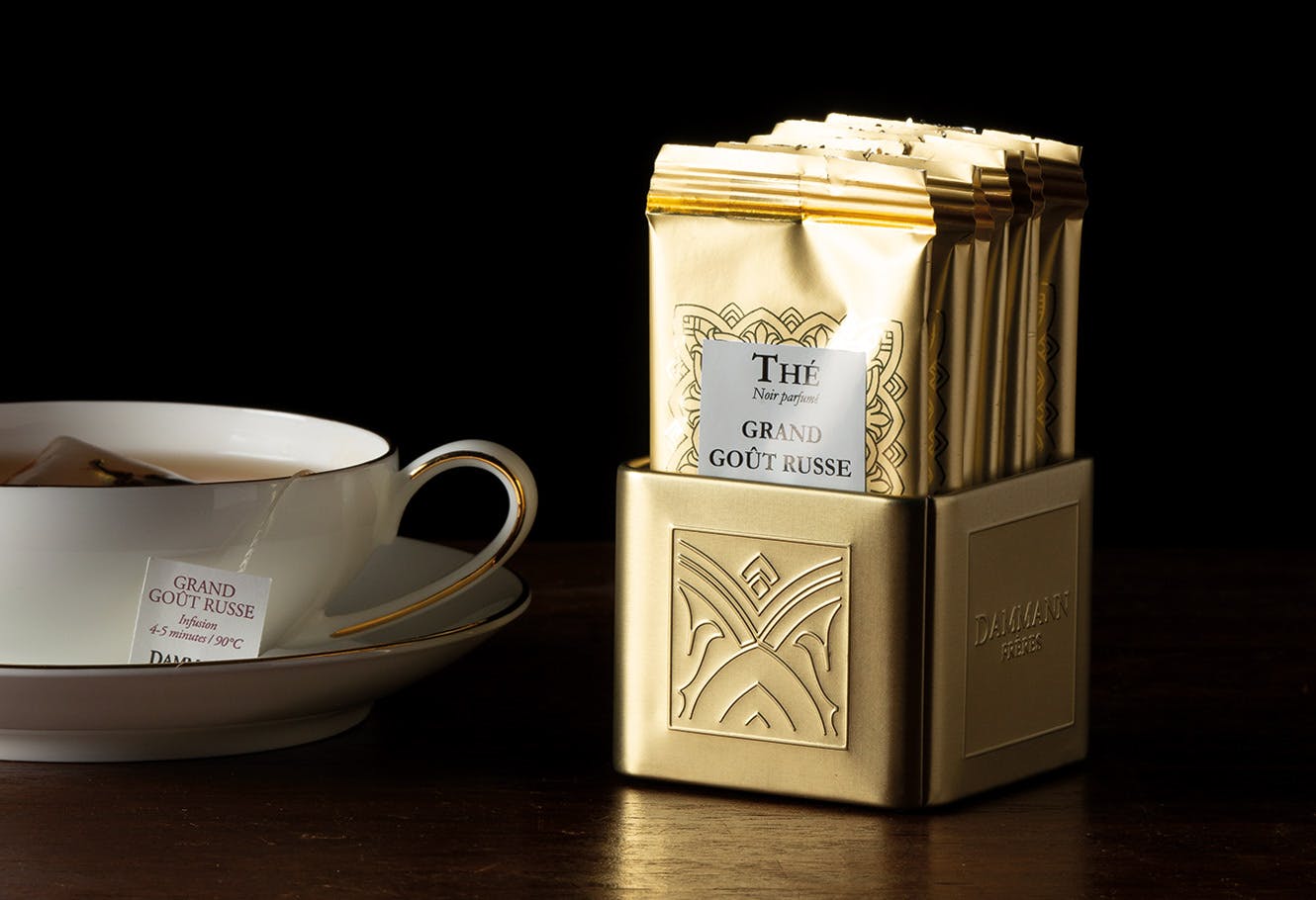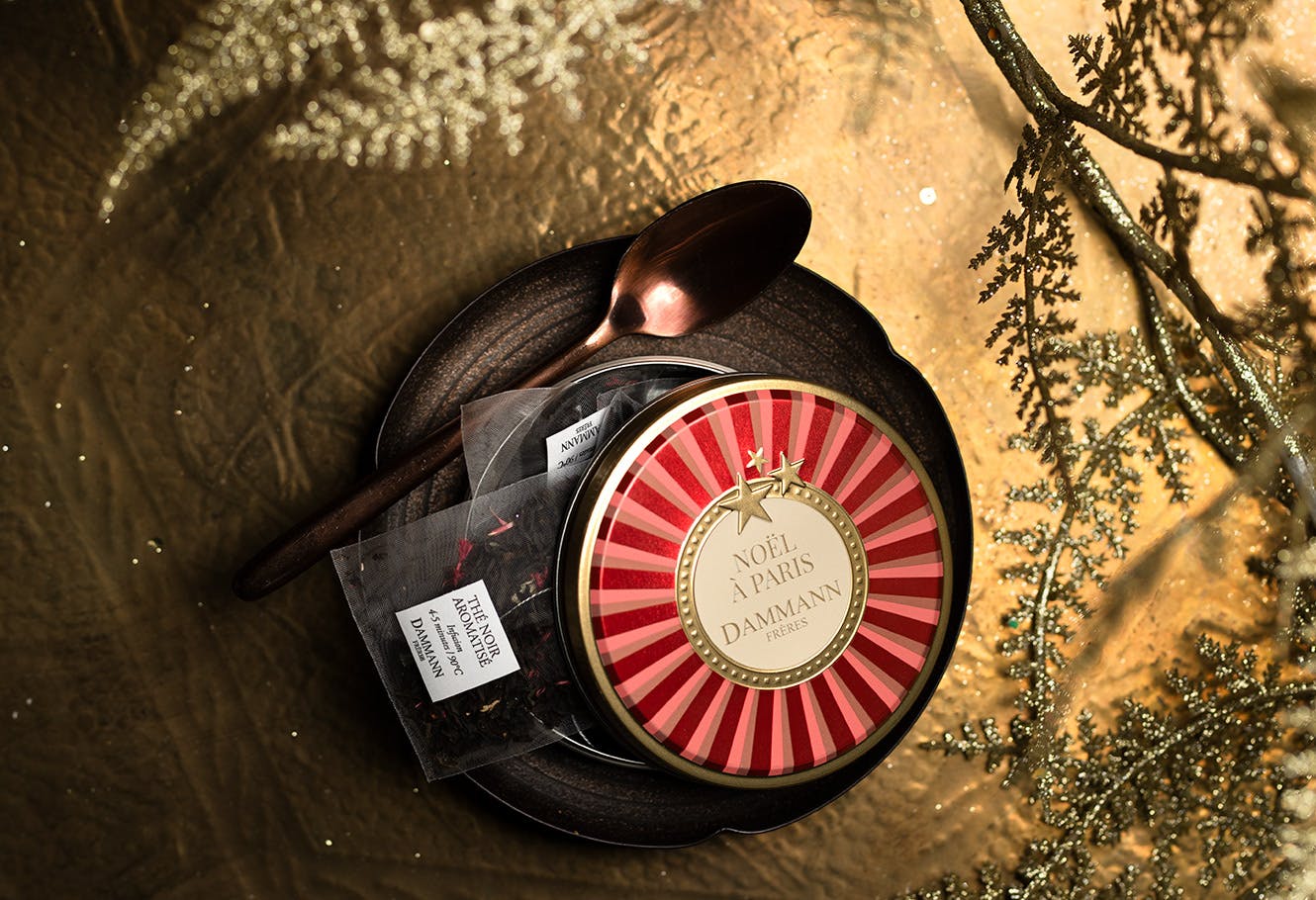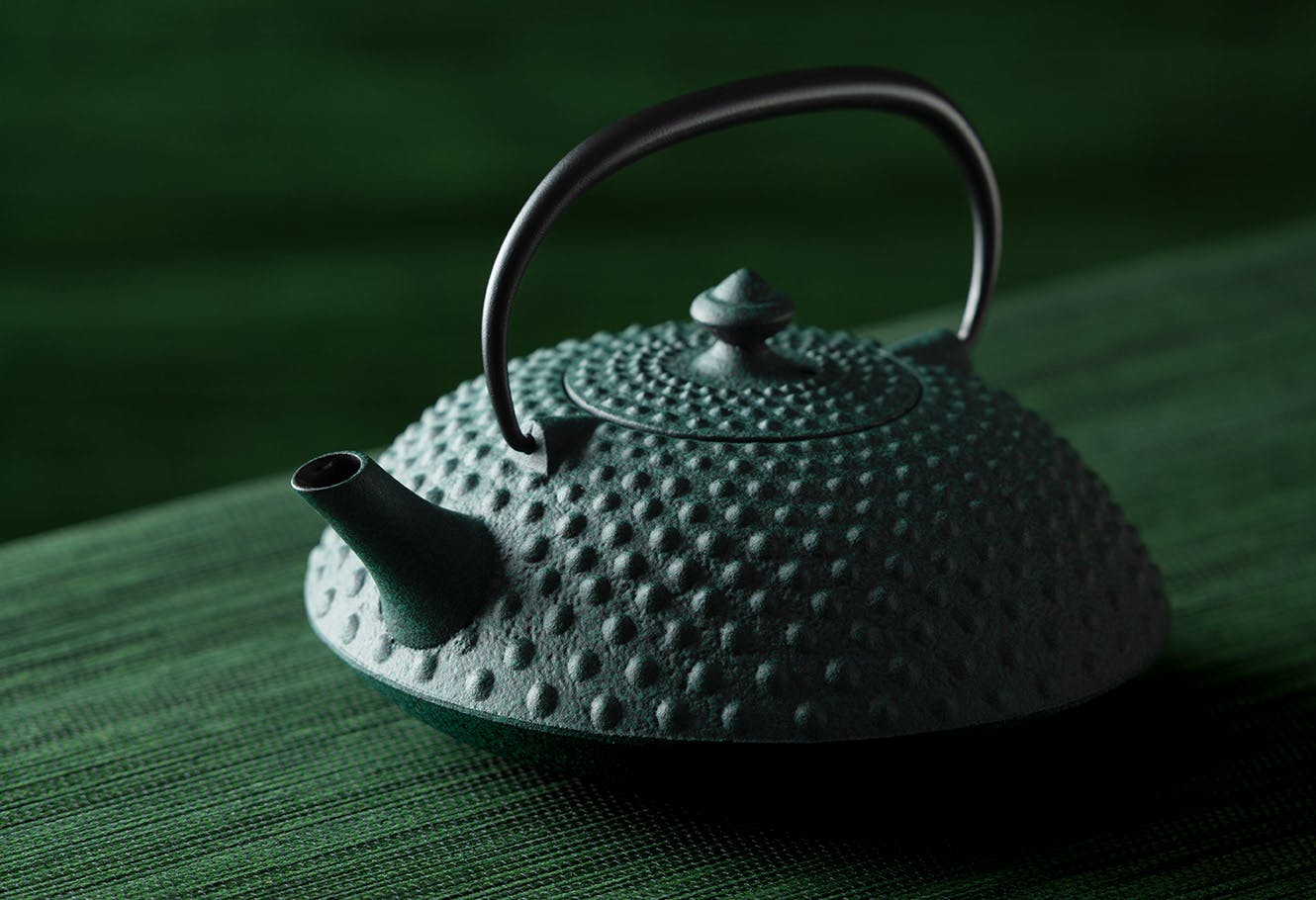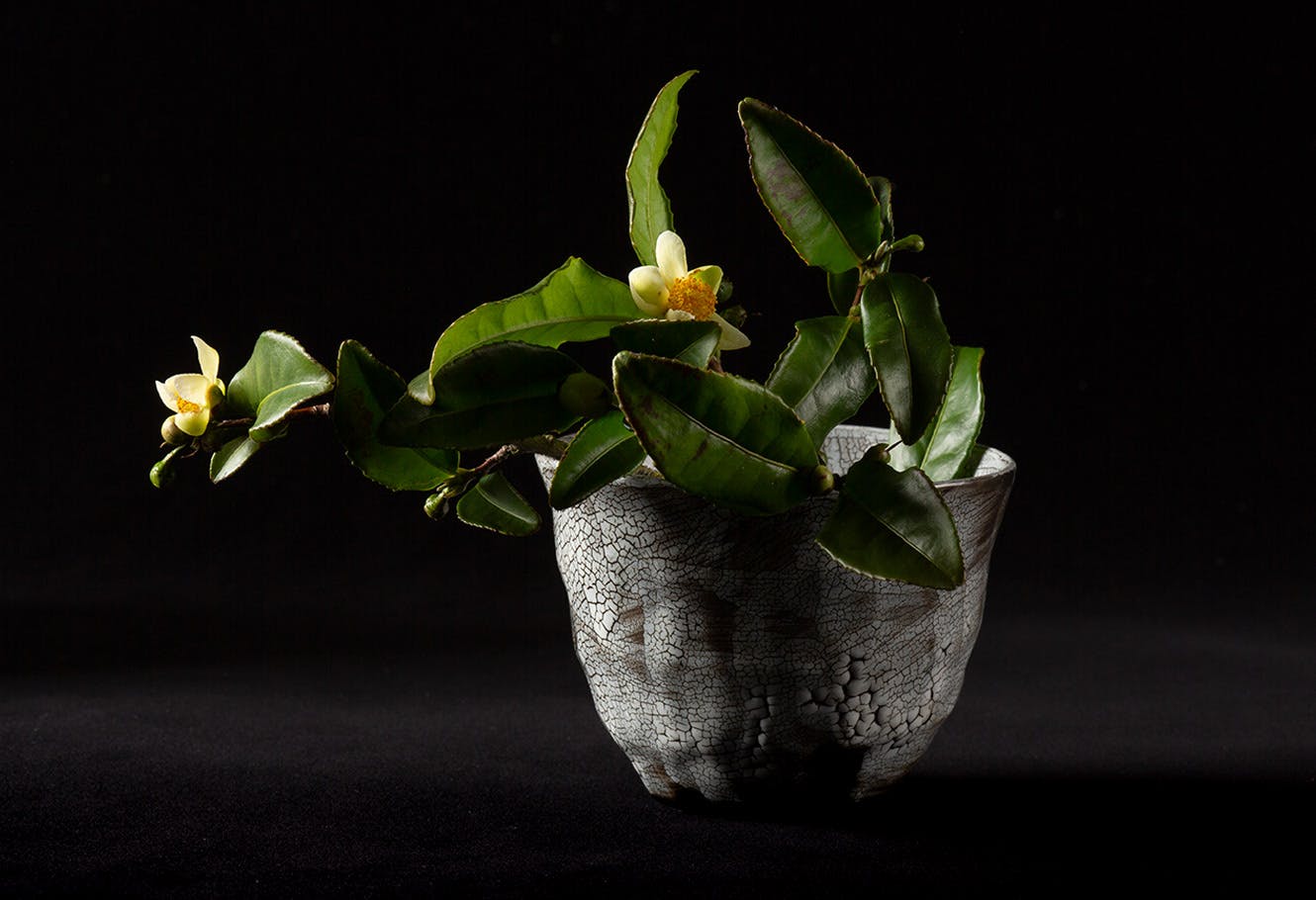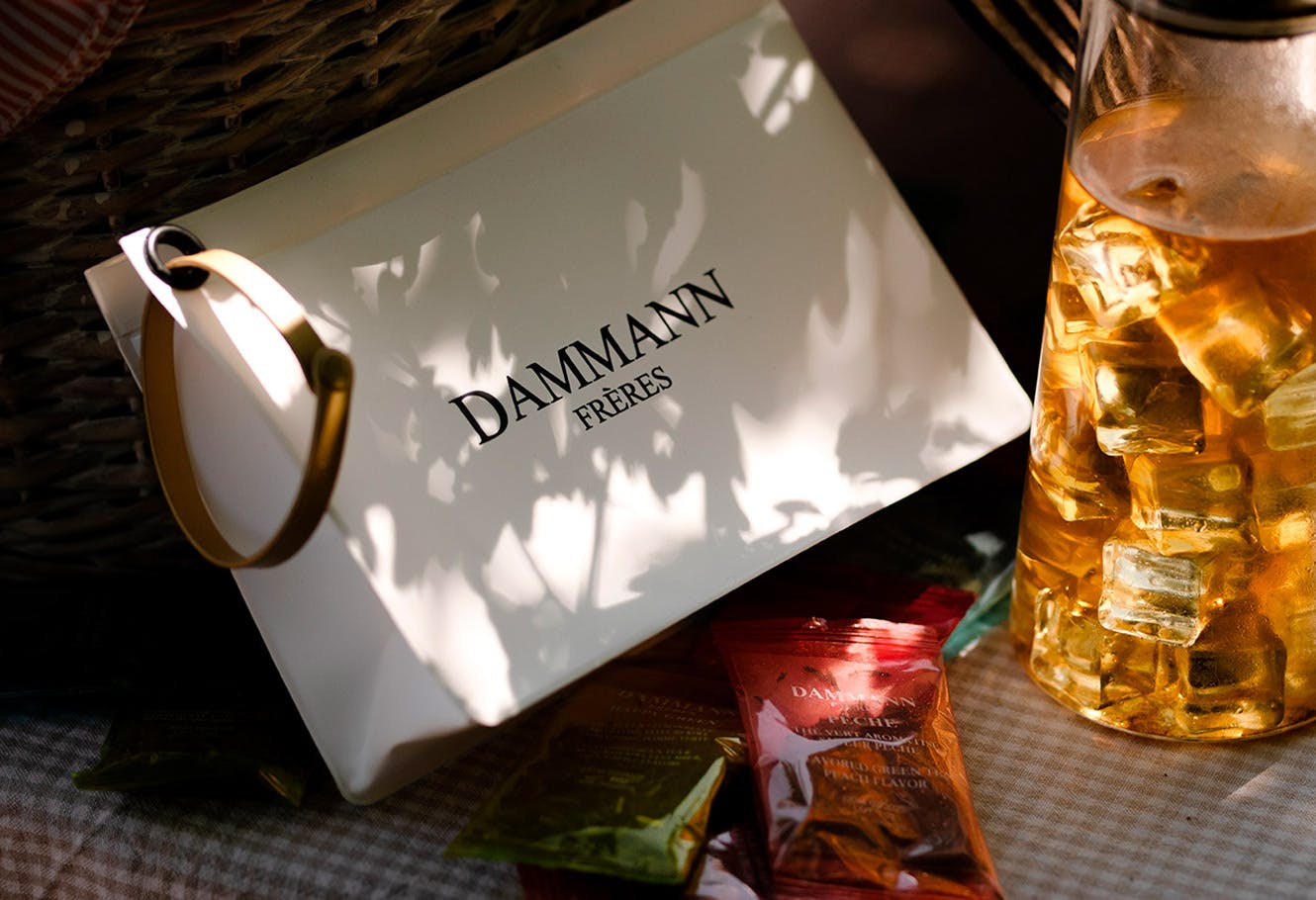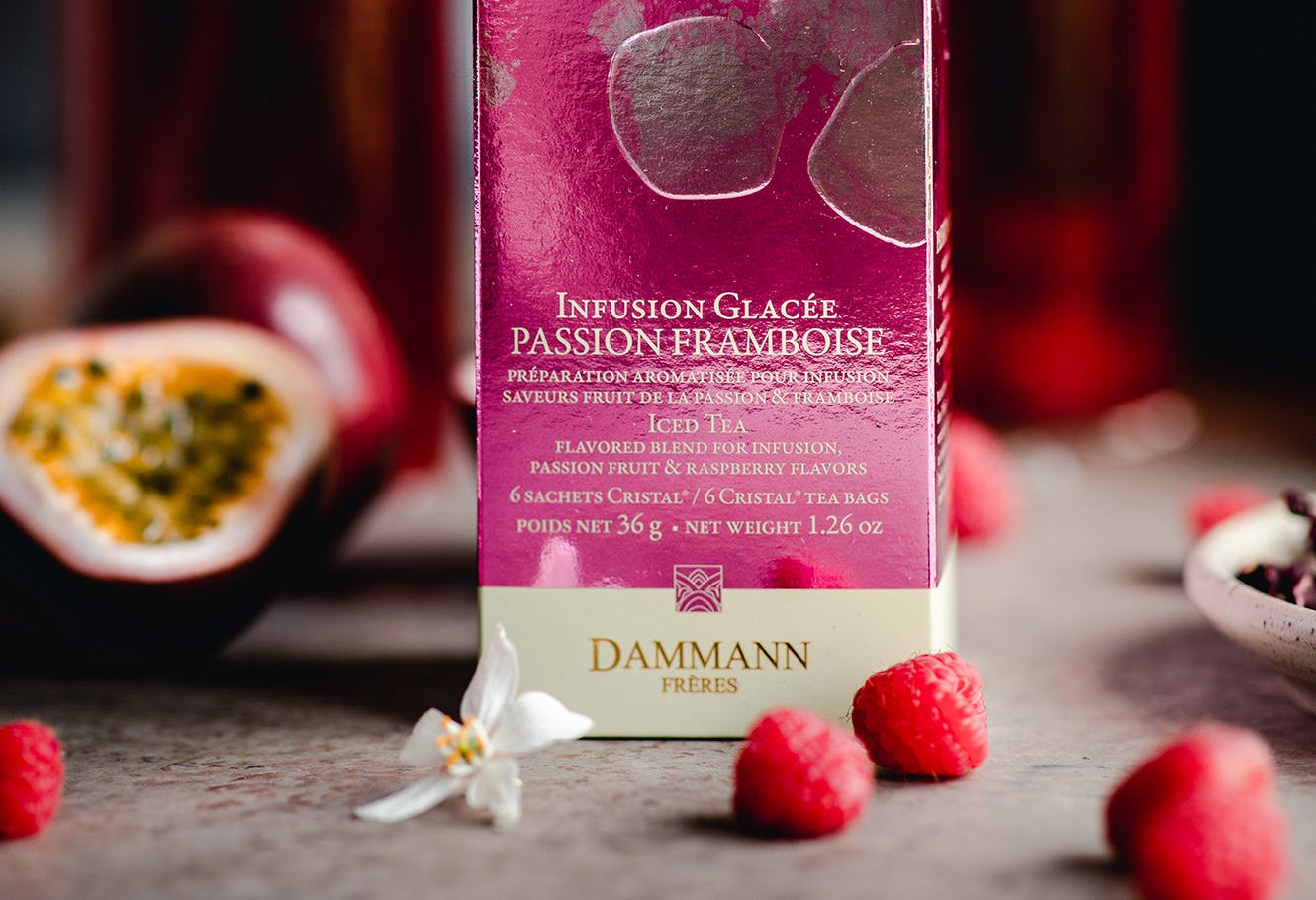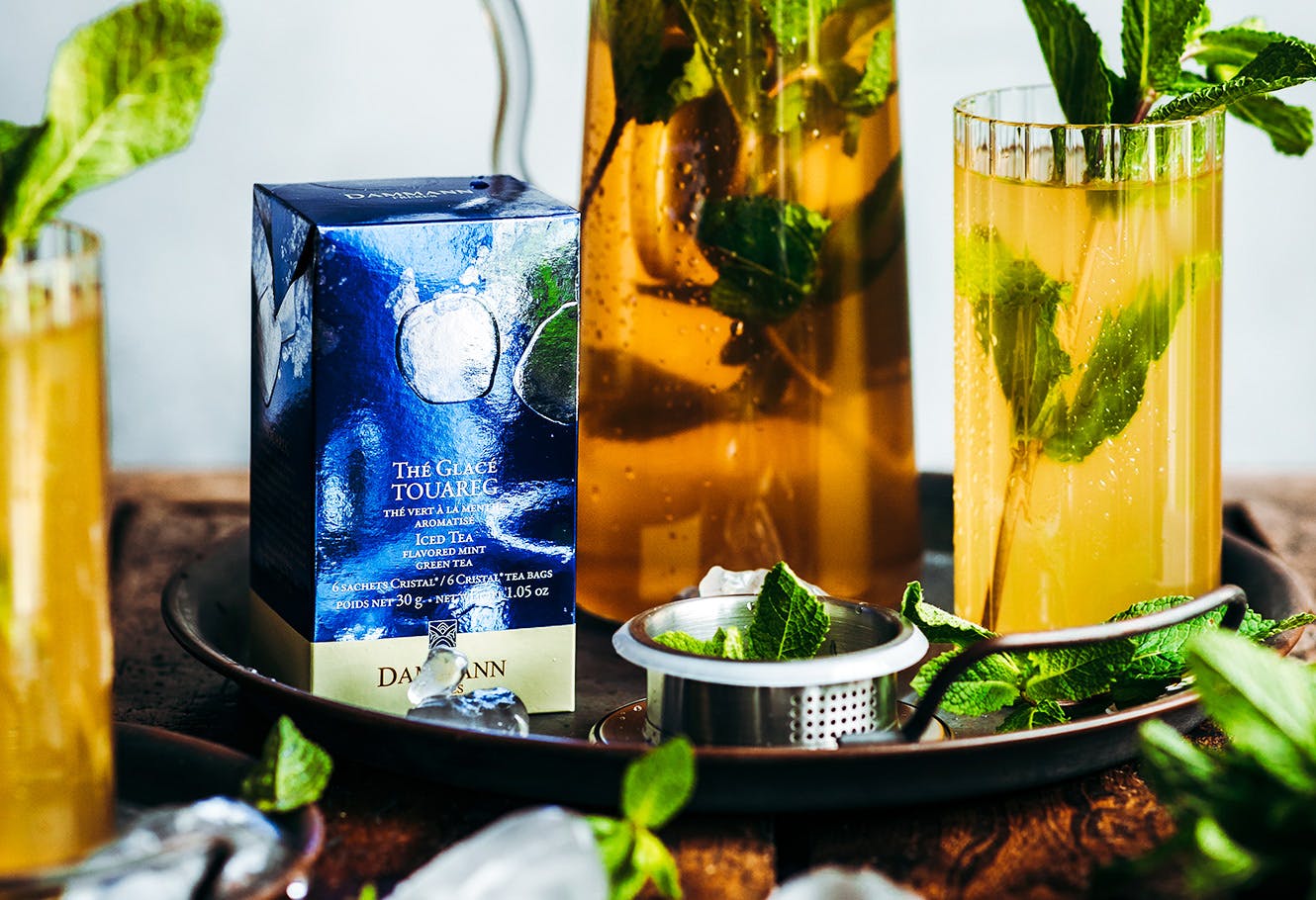What are the differences between natural and artificial flavours?
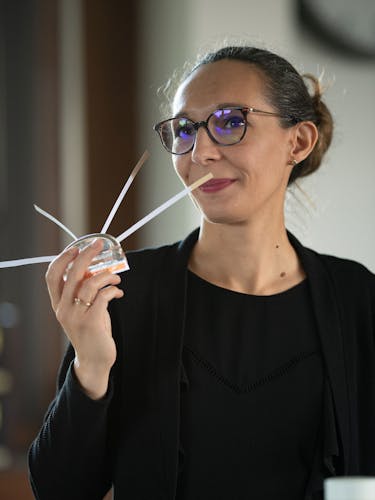
NATURAL FLAVOR vs. SYNTHETIC FLAVOR, WHAT IS THE DIFFERENCE?
Extraction from a plant (fruit, citrus fruit peel, flower petal, root, leaf, spice…) is not always possible (this is only natural!):
-either the taste is non- representative of the plant after extraction
-or the quantity of plant required for the extraction is far too large
-or the extraction is not possible (gingerbread flavour...)
In this case the flavourist uses chemistry and develops a synthetic flavor (the term “artificial” does not exist in the regulations on flavors for food products).
NATURAL
Essential oils are natural flavors which are extracted from flowers, citrus fruit peels or spices.
When speaking of extraction from a vanilla pod, we do not refer to it as an essential oil, but rather as “vanilla extract”.
Watch out, NATURAL is not always a sign of quality…
The flavor market offers various qualities even in the case of essential oils.
Selecting and finding quality flavors is part of our flavorist’s work; she uses all her expertise to collaborate with the best producers. This is why we select our essential oil of bergamot directly in Calabria or why we use the best essential oil of Bulgarian roses to flavor some of our Teas (5 tonnes of rose petals are required during distillation in order to produce only 1 kg of essential oil…).
CHEMISTRY AND FLAVOR
All around us we find “Chemistry” (blend of carbon, hydrogen, oxygen atoms …), for example our bodies, the plant on our desk and the air we breathe!
The role of the flavorist is to bring together the elements of chemistry to create flavors, whether they originate from nature (natural flavour) or are a copy of nature (synthetic flavour).
On a list of ingredients, most often, the term “Flavor” relates to synthetic flavors.
DAMMANN FRÈRES, FLAVORS IN COMPLIANCE WITH REGULATIONS
The company, DAMMANN Frères, complies scrupulously with the European regulations regarding food products’ flavors (European Regulation N°1334/2008) without ever diverging from it. Therefore, in order to create food products’ flavors, flavorists use a database of flavoring substances (natural or synthetic) which has been approved by the European authorities.
FLOWERS & PIECES OF FRUIT IN OUR BLENDS
The flower petals and pieces of dried fruit one finds in our teas and flavored blends are visual components which add no taste (except for certain citrus fruit peels); however, they bring to our creations aestheticism and elegance.
For our Carcadets, the pieces of fruit and dried flowers do not provide the main taste of the blend: the peels of rosehip and of apple bring smoothness and are slightly fruity; the flowers of hibiscus bring acidity and the typical red colour of Carcadets. The specific taste is given by the flavoring.
After selecting the flavors, respecting the balance between the tea and the flavoring is one of the flavorist’s tasks. Our flavourist, when she creates, speaks of “resonance”.
At DAMMANN Frères, flavors must not hide the taste of the tea, whether they are natural or synthetic flavors.
With this information DAMMANN Frères wishes to reaffirm its commitment to constantly ensuring quality and safety, both values which are at the heart of our ethics.
Our selection of teas with essential oils
Our articles on flavored tea
Our articles on flavored tea
Our articles on DAMMANN Frères know-how
Our articles on DAMMANN Frères know-how
